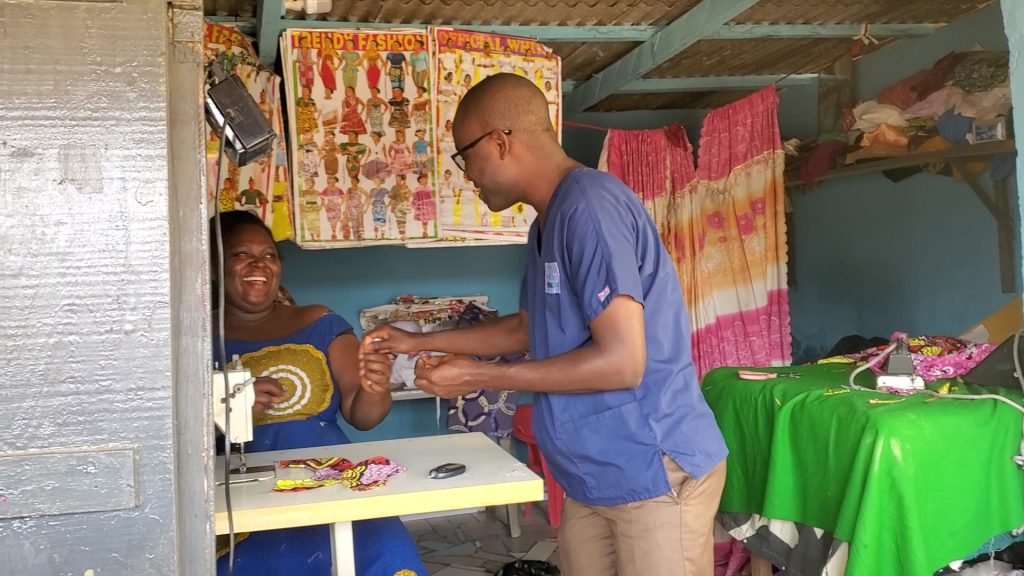
The challenges of putting up and running better healthcare, including primary healthcare system evolve around some four relevant duty bearers. These partners must work hand-in-hand before an effective primary healthcare system can be realized.
The partners include: the government, health institutions, health team and the patient. (Read Ferlie and Shortel (2001) for more on the four-level model of healthcare)
The partners include: the government, health institutions, health team and the patient. (Read Ferlie and Shortel (2001) for more on the four-level model of healthcare)
THE ROLE OF GOVERNMENT AS PARTNER IN (PRIMARY) HEALTHCARE DELIVERY
Like in many other countries, only few health establishments are privately owned in Ghana; majority are public. The government is responsible for the regulation, financing and creation of enabling environment that makes for smooth running of the health system.
The government has ministry of health through which it formulates policies and directs the affairs of healthcare delivery. There is Ghana Health Service which is directly under Ministry of health and its main responsibility is to implement national health policies; for example, putting up hospitals, clinics, CHPS zone and recruitment of staff to man them.
State institutions, like the health sector have legal framework and are to be autonomous. It is the duty of the central government as indicated earlier to allocate statutory funds and to have oversight responsibility of operations of institutions-that is to say, those placed in charge, do the right thing within the law. But that is not always the case.
The government or politicians turned to have nearly full control over these state institutions and either steer them in the right direction or wrong direction, depending on their political interest and visions for the wider economy.
How does the government have nearly full control over the system? The ministry of health is headed by someone appointed by the president. The head of Ghana health service is also appointed by the president.
The director of Ghana health service works with a governing council to oversee the implementation of health policies at all levels in the country. There are currently five teaching hospitals and the chief executive (C.E.O.s) of each is appointed by the ruling government, whom are easily changed once a new government comes to power.
In theory, these are autonomous state agencies but those who head them can be forced to operate within terms and expectations of the government rather than just within laws and in the best interest of the institutions and the country.
The appointees may be forced to refrain from making demands or voicing out problems within the agencies; and they may do this out of fear of being dismissed or accused of trying to make the government unpopular.
The extensive, unrestrictive power granted the executive arm of government to appoint and dismiss heads of many state institutions can be an effective tool to a noble end or a disruptive one.
For instance, a government which has clear vision and determination to move the healthcare system to higher level cannot be hindered in doing so. It is able to fulfil its financial obligation to the health agencies, appoint competent individuals into positions and have oversight responsibility to ensure that they are more productive. It is easy for such government to fire heads of non-performing institutions.
In the same vein, a government that has no interest in improving the healthcare system can easily get away with that because political appointees can occupy positions just to carry out unproductive bidding of the government. This offers the state huge responsibility to determine the kind of health system available in a country.